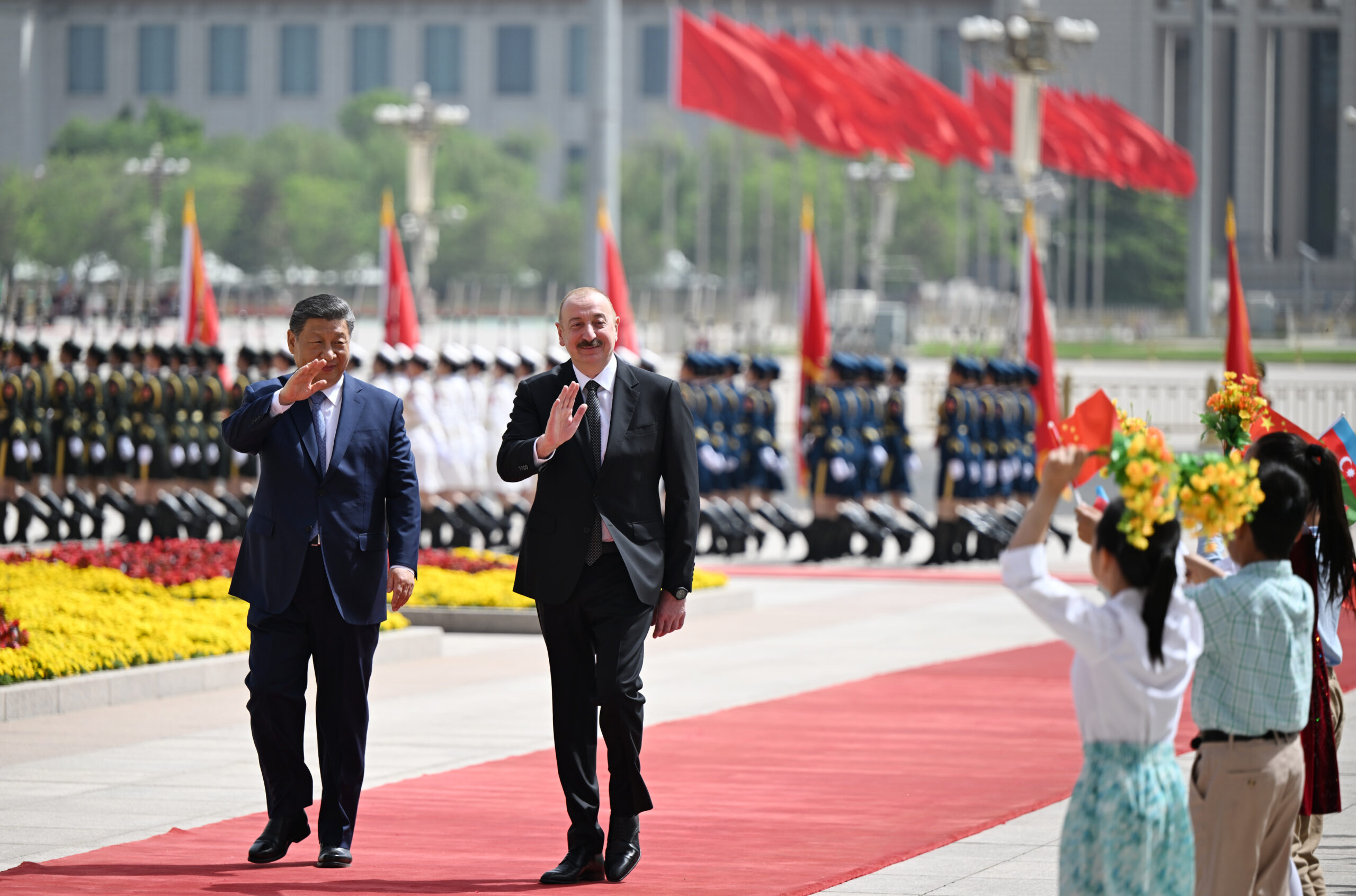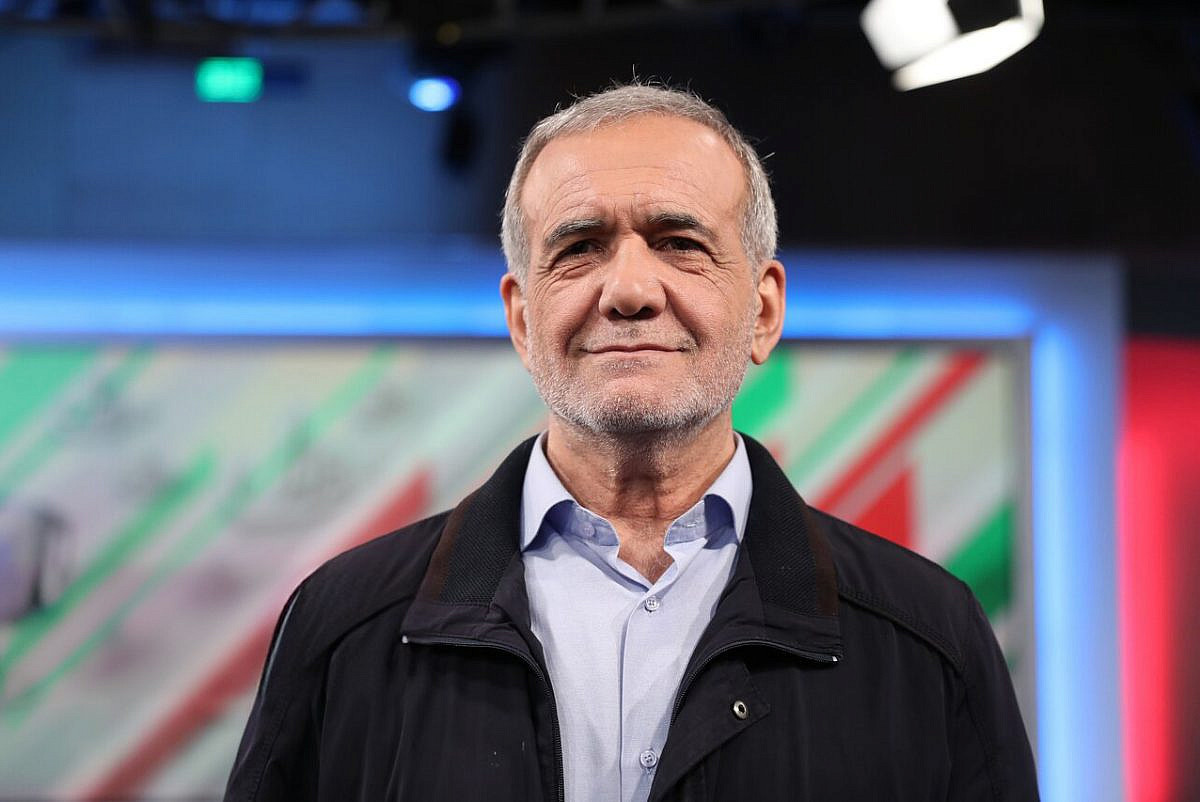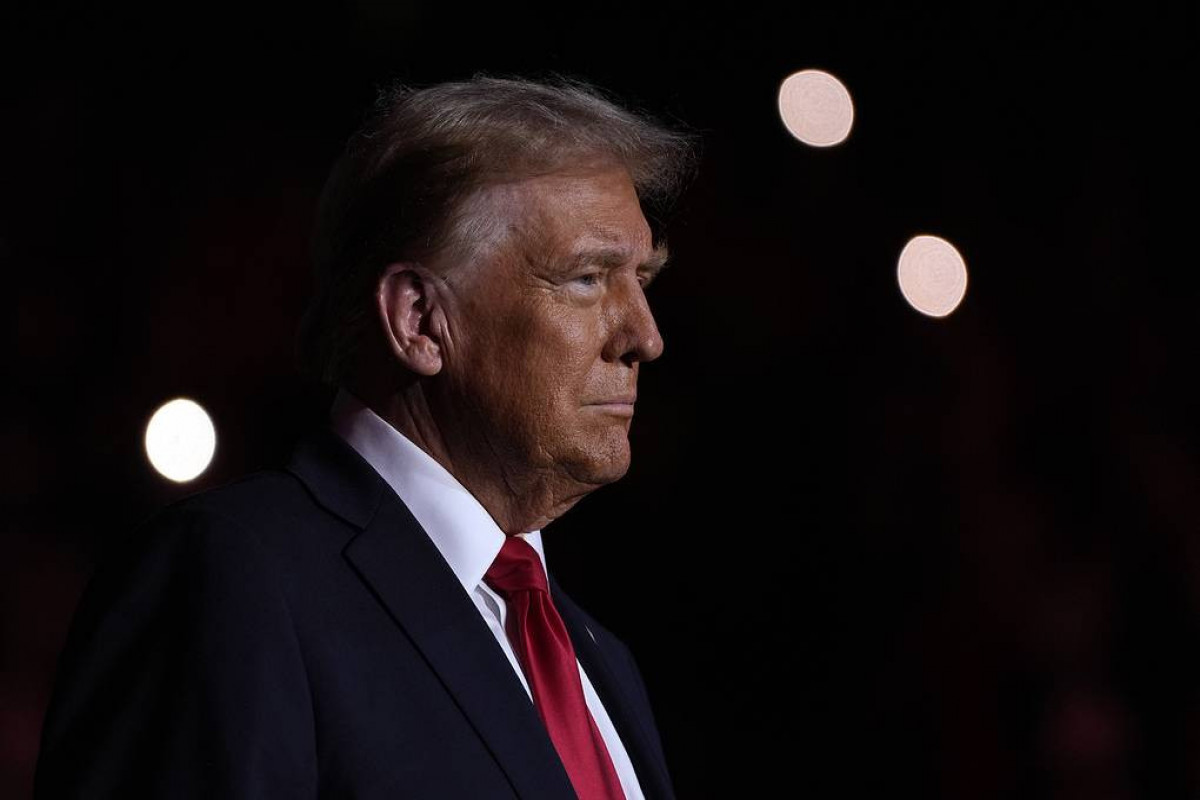New phase in India-Pakistan conflict and its impact on South Caucasus
India-Pakistan conflict and Azerbaijan
The escalation of tensions between Pakistan and India could have an impact on the South Caucasus, as both countries have strategic partners in the region — Pakistan with Azerbaijan and India with Armenia, according to Azerbaijani political analyst Farhad Mammadov.
He believes Azerbaijan could play a particularly important role in this context, especially since the conflict may also indirectly create tensions between its allies — Turkey and Pakistan — and its partner, Israel.
Political analyst Farhad Mammadov

Political analyst Farhad Mammadov: “What matters is that both Pakistan and India place particular emphasis on military cooperation.
Still, a direct spillover of the conflict into the South Caucasus is unlikely. Azerbaijan and Armenia will likely limit themselves to issuing statements in support of their respective partners.
The conflict could, however, indirectly create tensions between Azerbaijan’s allies — Turkey and Pakistan — and its partner, Israel.”
Turkey and Pakistan have a long-standing military partnership, with Turkish military advisers currently working in Islamabad. Meanwhile, Israel is a key partner of India in the field of military technology.
Tensions between Turkey and Israel could take on a new dimension, though the geographical distance of the conflict means it does not pose an existential threat to either.
The outcome of this conflict is important for Azerbaijan. A strengthening of Pakistan’s position — or a Pakistani victory — would be a favourable scenario for Baku.
Border tensions and geography
India and Pakistan share a border of around 3,000 km. The main flashpoint lies in the northern regions, where the borders of India, Pakistan, China, and parts of Afghanistan intertwine.
The complex geography — particularly the status of Jammu and Kashmir — is one of the core reasons behind the prolonged conflict. The potential zone of military engagement is close to Islamabad, which carries strategic importance for Pakistan and even raises concerns about the potential use of nuclear weapons.
Nuclear factor
Both India and Pakistan possess nuclear weapons, making the conflict globally sensitive. Any escalation could have catastrophic consequences.
However, both sides are aware of the risks, which has so far helped maintain a degree of stability.
China’s role and Belt and Road Initiative
There is also a geopolitical dimension to the conflict involving China. Pakistan’s northern borders connect with China over a stretch of more than 500 km.
The region’s transport routes form part of China’s Belt and Road Initiative.
China relies on access to the ocean via Pakistan, and an escalation of the conflict could threaten its interests. Therefore, it’s possible that China may back Pakistan rather than remain neutral.
India’s rise and domestic politics
India is rapidly advancing both economically and militarily. Prime Minister Narendra Modi’s government, despite being accused of promoting a “fascist” agenda, enjoys strong domestic support.
India’s diaspora strengthens the country’s global influence, especially in the West and in multinational corporations. For the Modi government, the conflict offers an opportunity to reinforce India’s status as a global power.
Situation in Pakistan
Pakistan is facing both political and economic crises, yet it remains a formidable military force in the region.
Its professional army, particularly its ground forces, is regarded as a significant power.
Conflict with India serves to unify Pakistani society and helps it weather internal turmoil. However, economic hardship may limit the country’s ability to sustain long-term military operations.





















